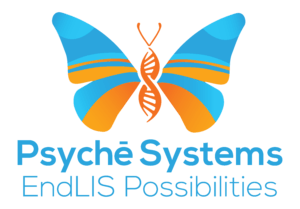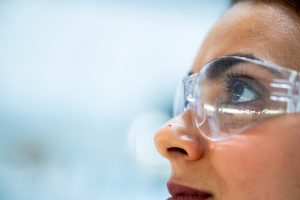As the number of people vaccinated for COVID-19 continues to climb and new infections decrease rapidly, it appears we are emerging from the global health crisis. Research scientists can now look at the data from the pandemic managed by their molecular diagnostics software. The push for results from research data gathered during COVID is significant.
Life after COVID is also an opportunity to pause and review how the scientific research community dealt with the crisis and what changes could be made in the future. The innovative spirit we embraced to help the world during the global pandemic crisis can continue. We can apply this innovation to make sure we can serve the needs of a post-COVID-19 world.
Let’s Rethink How Research is Funded Post-COVID
The rapid response funding systems put into place during the pandemic for processing COVID research grants worked well. While grant reviews normally take seven to nine months, rapid response grants took anywhere from forty-eight hours to one week. The funds were available quickly and researchers were able to get to work right away on solutions for the COVID pandemic.
Since we know it is possible to process grants this quickly, perhaps it’s a method to review for continuation after COVID. Fast processing for grants increases the chances of innovative outcomes that can be beneficial right away.
Additionally, balancing funding between basic or foundational research and applied knowledge research offers amazing potential for transdisciplinary breakthroughs. For example, the race to come up with a COVID-19 vaccine required both types of research.
It May Be Time to Reimagine Scientific Publishing Models for Molecular Diagnostics
During the pandemic, paywalls were removed for peer-reviewed COVID-19 research. When we consider the post-pandemic world, perhaps it’s time to ask if research should be more widely available for anyone to see. For example, does the world benefit when we speed up how molecular diagnostic research results are available to the public? In the case of a global pandemic, the answer was yes. Other researchers, journalists, policymakers, and business leaders all needed COVID-related research breakthroughs quickly. However, there still needs to be a way to maintain sustainability for researchers and publishers. Perhaps there is a solution that can serve all interests.
At the very least, publishers were commended for taking this action during COVID and hopefully, this will stand as precedent in the event of the next pandemic.
Keeping Science in the Spotlight After COVID-19
COVID shone a spotlight on scientists. The world waited with anticipation for news conferences from the nation’s top scientists. Sharing scientific information was crucial to limiting the spread of the virus.
How can we nurture this communication trend for scientists? First, it’s critical for scientists to have the skills to communicate complex subjects to both the public and policymakers. Training to develop these skills is essential. Scientists like molecular diagnostic researchers have valuable information, whether there is a health crisis or not. The scientific community can help by training researchers on an ongoing basis so they can be excellent communicators when sharing their work.
At the college level, providing structured training in communication skills is a way to help research scientists develop those skills early. Equally important are communication training opportunities for scientists already in the field. When the research work you do benefits the good of the public, sharing that information is important.
Technology’s Impact on Molecular Diagnostics Research from COVID
Molecular diagnostic research played a key role during the COVID pandemic. Researchers heeded the call to action to create and process diagnostic tests for the virus. Early detection of the virus through these tests saved countless lives.
There was an explosion of start-up labs, while existing laboratories ramped up quickly to meet testing demands. One of the necessary tools was software to process tests and store data. Psychē Systems worked closely with labs on getting them the lab information software necessary to process the tests quickly.
Our cloud-based systems stored data from the pandemic that can be used to benefit research studies for years. Now that molecular diagnostic labs have this software in place, they can use it to further their research work in other areas. The pandemic was a push for labs to get up to speed on the latest technology, like our software, and they continue to benefit.
This example also underscores the importance for start-up labs to include current technology like laboratory information software in their budgets. For those who didn’t adapt their technology during COVID, it’s a good time to do that now. No one wants to imagine another global health crisis, but having the right technology puts researchers ahead of the game in that event. In addition, the improved functioning for processing and storing data provides ongoing rewards.
Also, our laboratory information software works for all testing disciplines. For more information on how it can benefit your research, visit our website today!


